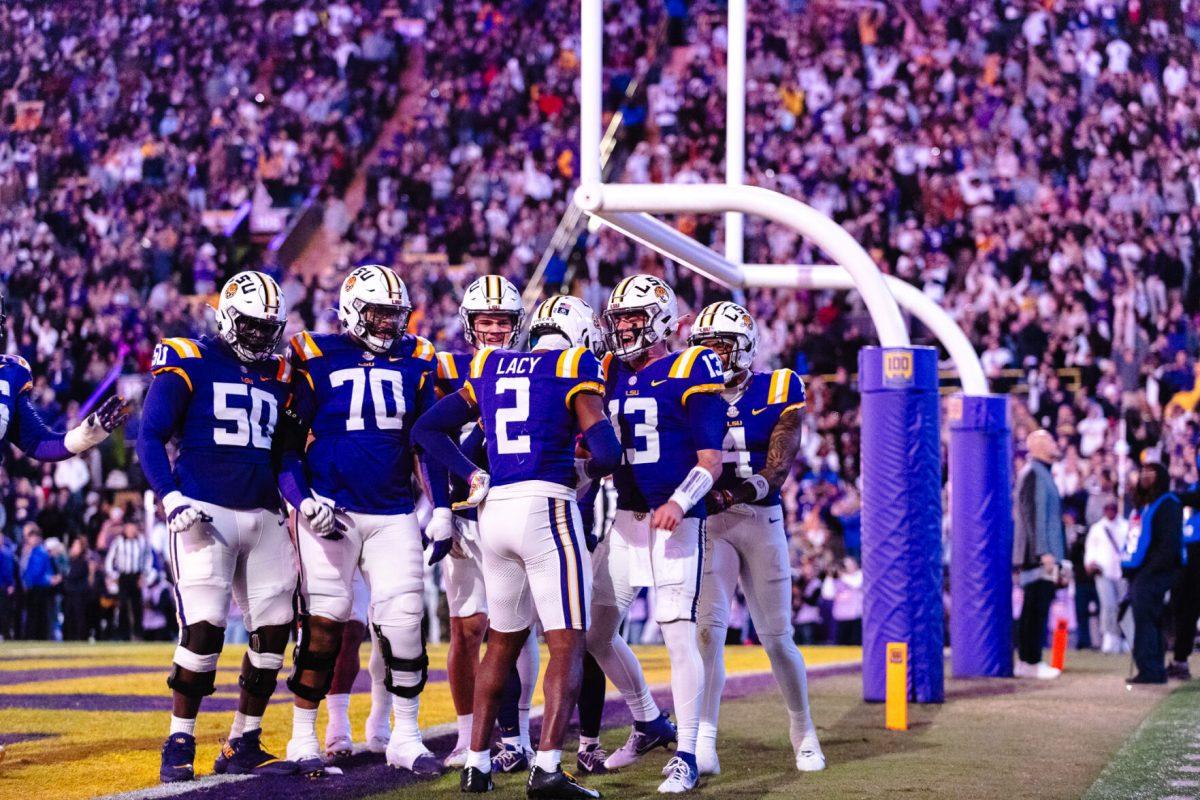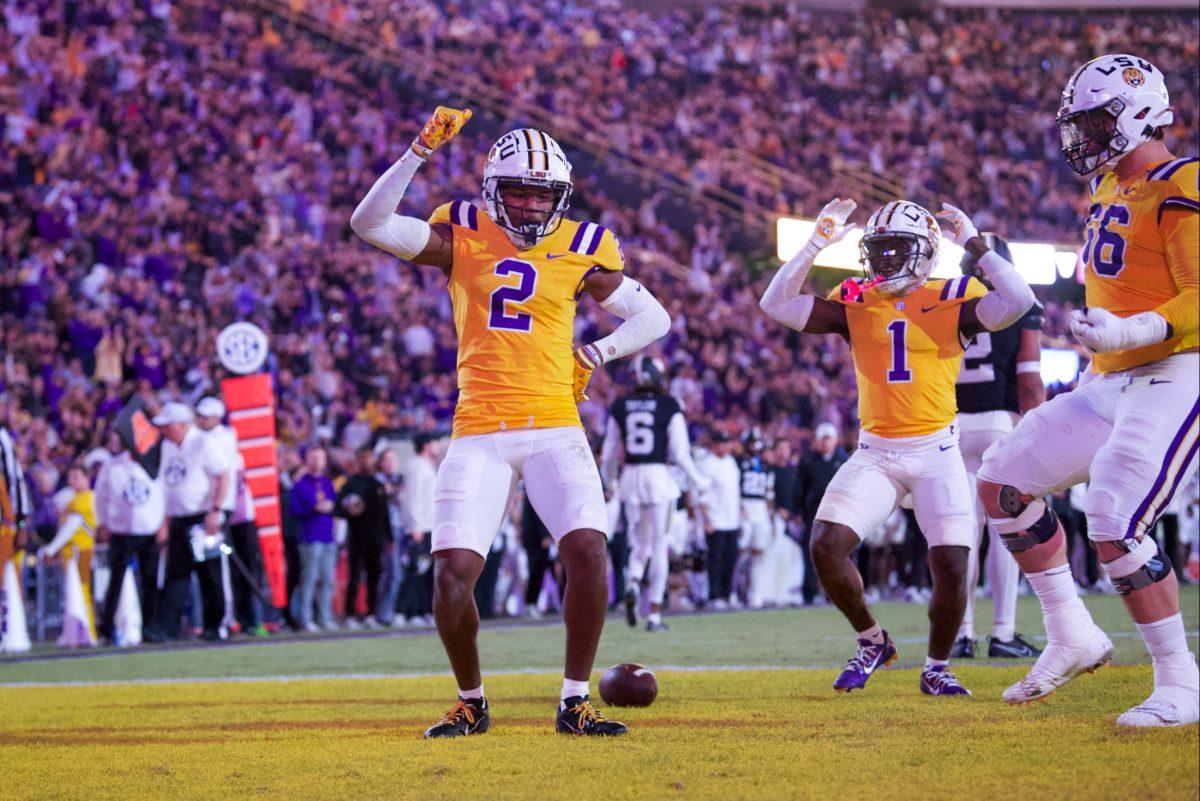Nick Freeman has been an atheist for five years, yet he still attends church with his family whenever he visits them in Tyler, Texas. He hides his true religious views, as well as his homosexuality, for fear of losing the respect of those he loves most.
For students like Freeman, religious issues can be defining identity traits. The disconnect between the Southern Baptist religion he was raised in and his open atheism is something he fears would alienate his close friends at church and his family if he ever shared his views with them.
Diversity in religious beliefs is prevalent in the Research Triangle Park because of the high number of university students and graduates. Each university within the Triangle has numerous religious organizations, but also provides students with access to clubs such as the Secular Student Alliance (SSA). SSA is a club for doubters-atheists, agnostics, non-theists, pantheists, free-thinkers and secularists.
“Secular Student Alliance affiliates promote the ideals of scientific and critical inquiry, democracy, secularism, and human-based ethics,” the Facebook page for SSA at NCSU states.
Students within SSA describe themselves as open-minded and willing to have a conversation with believers.
Freeman, a freshman in aerospace engineering, is a member of SSA still trying to figure out how to convey his beliefs. He told his father about his non-theism during high school because his father is also non-theist. But Freeman fears telling his mother or people at his church at home for several reasons.
“I was brought up in a Southern Baptist church, so for us [being atheist] meant that you were an awful, horrible, very bad person,” Freeman said. “I was born into the church, and I’ve identified as atheist since I was 15…I’m [still] not out of the atheist closet.”
Though Freeman’s father is aware of and comfortable with his non-theism, his mother is extremely involved in his home church as the director of children’s ministries and a Bible studies teacher.
“Our church holds the belief that Bible is literally true, and I don’t remember ever thinking that,” Freeman said. “I’ve always been very interested in the sciences and I still love it. It was really over time, through reading science and research books on my own and watching videos of famous outspoken non-theists online [that I became non-theist].”
Freeman describes his non-theism as a general disbelief in the supernatural rather than a disbelief in God specifically. Though important, his non-theism doesn’t affect his judgments of other people. But he is very worried about how his non-theism will be viewed by others, including his mother and the members of his close-knit church at home. What makes this reality even harder to reveal is that Freeman is also gay-another fact that neither his parents nor his church are aware of.
“There’s a very strong sense of community at our church; I love all of the people there and I’m very afraid of losing them,” Freeman said. “[The reason I haven’t come out as homosexual] is the exact same reason haven’t come out as non-theist: I’m afraid of losing their respect.”
Freeman said it’s difficult keeping things that are such big parts of his identity from people he loves, but he wants to be able to be independent, before risking the loss of friends and possibly family.
“[I’ll tell them] after I have a job and am living on my own-when I’m not depending on my parents for financial help,” Freeman said. “It’s very much very difficult to keep from them. When I was a younger teenager I used opposite pronouns, and they always tease about why I don’t have a girlfriend now, and I laugh it off and say ‘I don’t have time, I’m so busy.'”
Freeman said his membership within these two subgroups is sometimes extremely daunting.
“If you look at surveys…the only minority group hated more than gay people are atheists,” Freeman said. “But surprisingly enough, I was extremely happy as a gay Christian…and there are tons and tons of congregations that are very open and accepting of that now.”
But Freeman emphasized that his homosexuality and non-theism are two separate parts of his identity as a human being. “Sometimes people say ‘You’re gay because you’re atheist’ or ‘You’re atheist because you’re gay,’ but that’s simply not true.”
For students feeling conflicted about their religious identities, or any part of their identity, there are a number of campus ministries preaching openness and equality.
Brian Cunningham, campus minister for Brooks Campus Ministries, said he realized religion was his calling not through some divine intervention, but when he got injured and could no longer play football.
He met a man who offered him support and encouragement, and after he recovered he found him and thanked him.
“That was the starting point that changed my life,” Cunningham said. “[I realized] people are brought into your life for a reason. I saw the value of not just playing football, but how important it was to help other people. Being someone that believes in a higher power…I believe that person was put there to help me.”
But Cunningham said that even he has had questions about the validity of his beliefs. These questions caused him to do lengthy research in search of verification, and engage in debates, for example, at SSA’s Ask an Atheist table.
Cunningham said coming to terms with one’s religious beliefs if one of the greatest stepping stones of life, but he added that it must be approached in a certain way.
“I, first of all, think [students] should come with no preconceived notions to prove or disprove anything, because it’s not possible on either level,” Cunningham said. “If I were starting over with no belief system, I would try to gather as much information as I could on either side, and try to come to the best conclusion. What are the ramifications for the answers of each of those conclusions that you may come to? I don’t think there’s a more important question.”
Cunningham said what led him to believe in God was the historical person of who Jesus Christ was as portrayed in the traditional Christian Bible. From his research on both sides of the issue, he said he believes the death and resurrection of Jesus is the answer to the problems of the world.
But Cunningham said being a “true Christian” has been skewed by Westernized Christianity.
”I think to me, the important question for people who do claim to be Christian is for what reason are you doing the things you are doing,” Cunningham said. “To glorify yourself, or to impact the world around you-that’s what the Christian message is all about.”
Cunningham said his Christian beliefs would only cause him to treat people with more respect, not less, regardless of their personal beliefs.
“I would do whatever I could to serve them and treat them with respect,” Cunningham said. “Assuming there is an afterlife, I am not the judge-that is only reserved for God, the higher being. I can’t make that call … but it’s is fascinating to talk about.”
Cunningham said that though he holds certain beliefs, he expects others to respect his beliefs just as he would theirs. He said that he would never assert the Bible to be used as a guide for public policy, for example.
Adam Keith, a senior in physics and applied mathematics and SSA member, believes there can be major problems when the beliefs of one group are used to influence a public policy that affects all. Keith was raised Methodist and attended St. Mark’s in North Raleigh with his family, but has identified as atheist since his sophomore year.
“Some people believe in effectiveness in prayer, but if you trust in prayer so much that you don’t go to doctor, then that’s dangerous,” Keith said. “When we push teaching creationism in schools then it can be dangerous because we’re not educating children properly…having a religious institution of any kind affect an environmental or social policy is bad; it’s based on something that’s verifiably untrue or not proven.”
Keith said religion can try to invent reasons for certain things being bad or good, and this can cause serious problems.
“There’s really no argument against homosexuality, [for example], that’s not religious,” Keith said. “There are also few arguments against stem cell research or abortion that aren’t religious…Many if not most of wars have been somewhat religiously motivated or culturally motivated.”
The debate for or against God will continue forever, but for students, the resources for this exploration are unlimited.
As for Freeman, he said he is aware that consenting to being quoted in this article may force him to tell his parents the two biggest truths of his life-a stepping stone he is ready, but anxious, to take.







